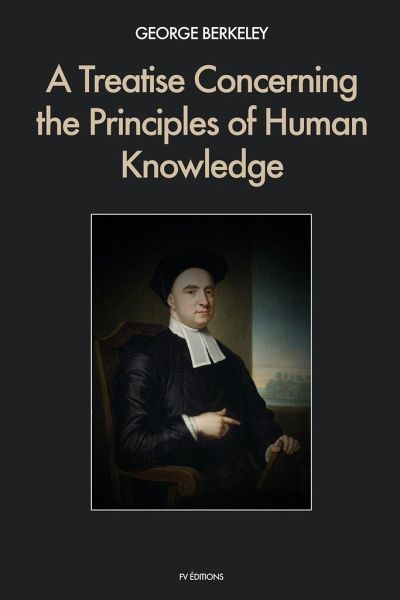
A Treatise Concerning the Principles of Human Knowledge
Versandkostenfrei!
Versandfertig in 1-2 Wochen
13,99 €
inkl. MwSt.

PAYBACK Punkte
7 °P sammeln!
"When we do our utmost to conceive the existence of external bodies, we are all the while only contemplating our own ideas. But the mind taking no notice of itself, is deluded to think it can and does conceive bodies existing unthought of or without the mind, though at the same time they are apprehended by or exist in itself. A little attention will discover to any one the truth and evidence of what is here said, and make it unnecessary to insist on any other proofs against the existence of material substance." George Berkeley was one of the great philosophers of the early modern period. With ...
"When we do our utmost to conceive the existence of external bodies, we are all the while only contemplating our own ideas. But the mind taking no notice of itself, is deluded to think it can and does conceive bodies existing unthought of or without the mind, though at the same time they are apprehended by or exist in itself. A little attention will discover to any one the truth and evidence of what is here said, and make it unnecessary to insist on any other proofs against the existence of material substance." George Berkeley was one of the great philosophers of the early modern period. With John Locke and David Hume, he was one of the most famous British Empiricists.







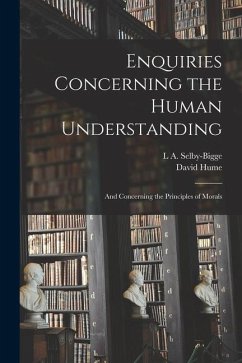
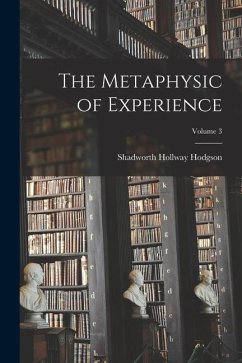



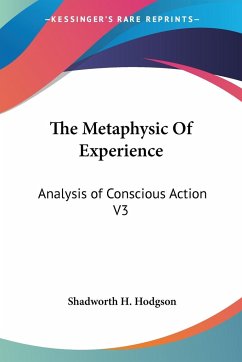
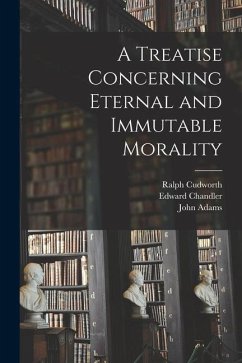
![An Essay Concerning Human Understanding. to Which Are Now Added, I. an Analysis of Mr. Locke's Doctrine of Ideas [&c., Incl. Some] Extr. From the Auth Cover An Essay Concerning Human Understanding. to Which Are Now Added, I. an Analysis of Mr. Locke's Doctrine of Ideas [&c., Incl. Some] Extr. From the Auth](https://bilder.buecher.de/produkte/68/68939/68939044n.jpg)